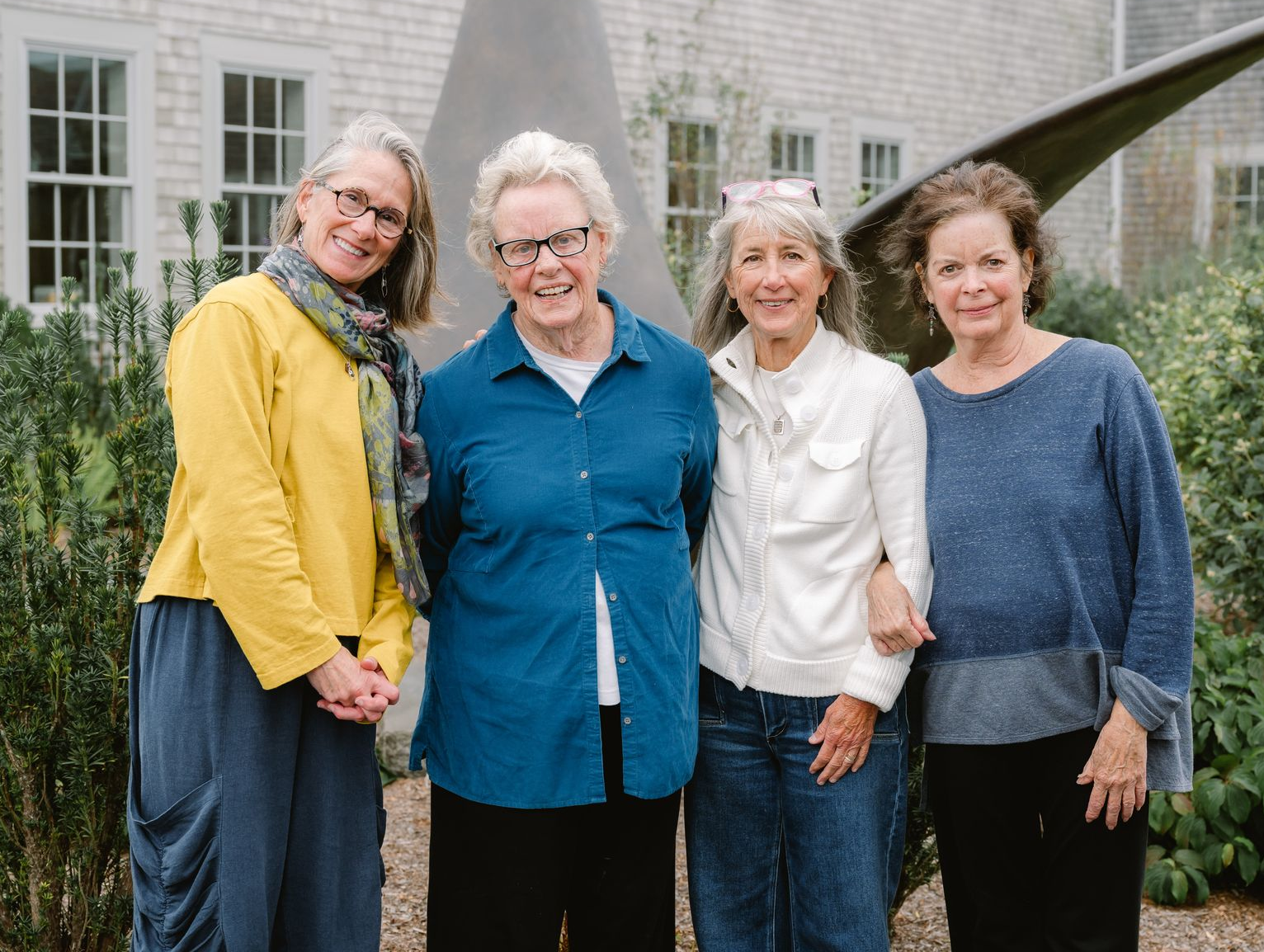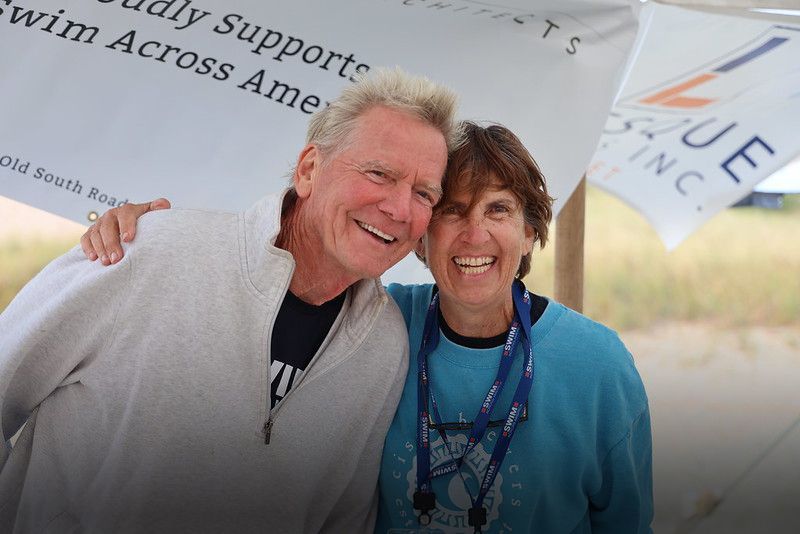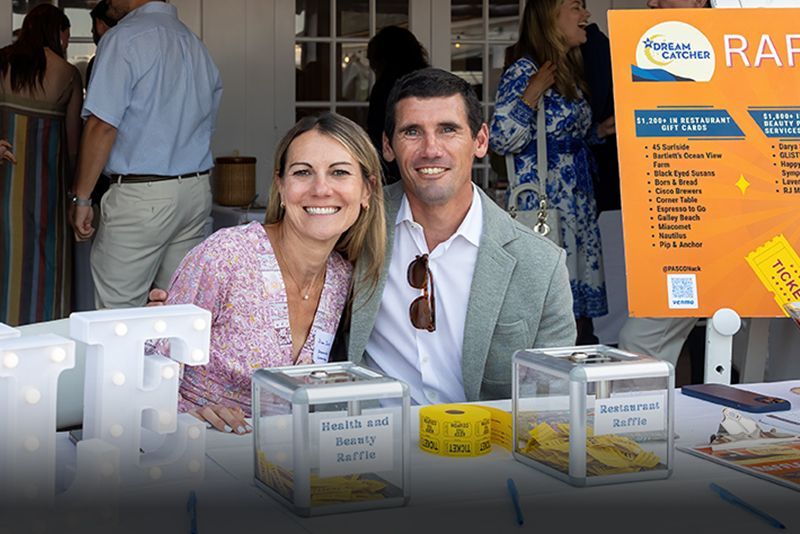Specialized care and support for adults living with serious illness.
Palliative and Supportive Care of Nantucket (PASCON)
is a program of services at Nantucket Cottage Hospital that provides specialized medical care for adults living with serious illness. All PASCON services are provided free of charge.
The PASCON Department is located in the Nantucket Cottage Hospital. Please call (508) 825-8325 to speak with our staff about our services.
If you are looking for assistance with making a gift, please get in touch with the Foundation at info@pascon.org.

Palliative and Supportive Care of Nantucket Foundation
is dedicated to funding all of PASCON’s programs and services so that they may be provided free to the community without insurance reimbursement and to educating the community and raising awareness about palliative and supportive care issues.






